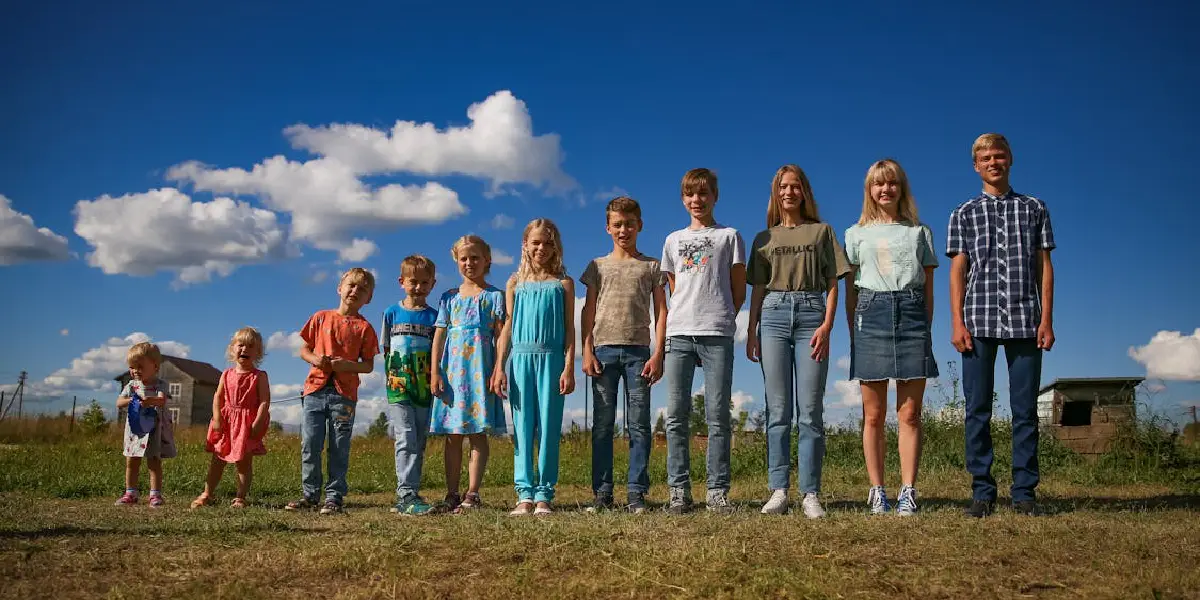What are the Advantages of Participating in Activities That Promote Teamwork for Children?
The importance of team building in schools and everyday life is highlighted by the development of trust and the acquisition of conflict resolution and communication skills. In addition, young children have a natural fascination with the outside world, making childhood the ideal period to instill in them essential life skills such as working cooperatively in a group setting and thinking creatively.
Recognition of leadership potential
Kids with natural leadership talent can hone their skills even further. In contrast, kids who don’t usually take the lead can work on developing their self-belief and becoming more confident in their capabilities.
Increases inventiveness
When children participate in group activities, they develop social bonds with one another and are more likely to come up with original, outside-the-box solutions to problems. In addition, research has shown that people are typically more creative in risk-free and low-stress circumstances.
Improves self-esteem
Children who participate in activities involving “group work” cultivate a robust sense of community, making them more invested in themselves and others.
Communication
Misunderstandings, disagreements, and missed opportunities directly result from ineffective communication.
Young people can improve their listening skills, their capacity for empathy, and their ability to verbalize their feelings by participating in team-building activities designed just for them.
Children learn how to negotiate the dynamics of a group and how to communicate successfully by working with individuals who come from various backgrounds and have multiple personalities.
Teamwork
Children learn how to put their best selves forward in the service of others when they participate in group activities that enable them to rely upon their innate abilities to benefit the group. By working together toward a similar objective, they develop an appreciation for other people, have more good interactions with one another, and accomplish more.
Establishing Trust
When children collaborate on a project, honesty develops naturally as a result of their interactions. This is because dishonesty or lying would prohibit them from reaching their objectives. Successful teams learn to be more honest with one another, express their perspectives, and promptly resolve differences. Without trust, a team will never achieve its potential.
Conclusion
Working together in a team requires children to listen to each other and share ideas. This can be a valuable skill in both school and work settings. Additionally, teamwork promotes cooperation and sharing.
Children learn how to work together towards a common goal, and they also learn how to compromise and resolve conflicts.
These skills are essential for both personal and professional success. Finally, teamwork helps to build self-esteem and confidence. Working as part of a team can help children feel good about themselves and their abilities. Participating in activities that promote teamwork is an excellent way for children to develop essential life skills.
Mission Grit is here to provide you with the many activities that encourage working together. Please call us at 704-733-9103 if you would like more information regarding the exciting physical activities we have available for your children.



